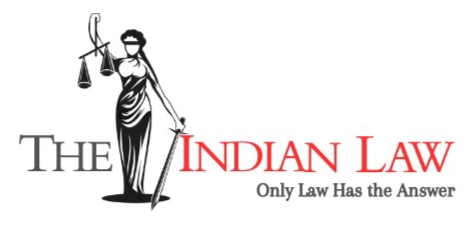1.Supreme Court Dismisses Ex-Google Employee’s Petition Alleging Religious Discrimination At Work place :- The Supreme Court dismissed a petition from a former Google employee who claimed religious discrimination in the workplace. The decision highlights the challenges faced by individuals in proving discrimination claims and underscores the court’s stance on employment-related disputes, leaving the lower court’s ruling intact.
2.Whether Reasons Recorded By CBI To Arrest Kejriwal Met Legal Standards? A Critique Of Justice Surya Kant’s Judgment:- Justice Surya Kant’s judgment on the CBI’s reasons for arresting Kejriwal raised questions about adherence to legal standards. Critics argue that the reasoning lacked sufficient clarity and justification, potentially undermining the legal framework governing arrests. The judgment sparks debate on the balance between accountability and procedural integrity in such cases.
3. Right To Get Unadulterated Food Fundamental Right’ : Kerala High Court Asks Centre To Examine Lacunae In Food Safety & Standards Act:- The Kerala High Court emphasized that the right to unadulterated food is a fundamental right under Article 21 of the Constitution. It urged the Centre to address deficiencies in the Food Safety and Standards Act, 2006, highlighting the need for stronger regulations to ensure food safety and public health.
4.Strange Approach By HC : Supreme Court Sets Aside Order Dismissing FIR Quashing Petition As ‘Infructuous’ Due To Petitioner’s Arrest:- The Supreme Court set aside a High Court order dismissing a petition to quash an FIR as “infructuous,” asserting that procedural adherence under Section 482 of the Criminal Procedure Code (CrPC) must prioritize justice. The decision underscores the importance of addressing legal grievances, regardless of the petitioner’s status.
5.If State GST Has Started Proceedings, They Must Complete The Process; It Cannot Be Transferred To Central GST: Himachal Pradesh High Court:- The Himachal Pradesh High Court ruled that once State GST proceedings are initiated, they must be completed and cannot be transferred to Central GST. This decision underscores the principles outlined in the Goods and Services Tax Act, reinforcing the jurisdictional boundaries between state and central tax authorities.
6.The misunderstood role of advocates and importance of the cab rank rule in ensuring fair representation:- Advocates often face misconceptions about their roles, which are essential for fair representation in legal proceedings. The cab rank rule mandates that barristers must accept cases in their area of expertise, ensuring equal access to justice and preventing discrimination, thereby upholding the integrity of the legal system.
7.Delhi High Court rejects plea by Rajya Sabha MP Swati Maliwal to quash charges in DCW corruption case:- The Delhi High Court dismissed Rajya Sabha MP Swati Maliwal’s plea to quash charges in the Delhi Commission for Women (DCW) corruption case. The court ruled that sufficient grounds existed for the charges, emphasizing the need for accountability in public office and adherence to legal standards in corruption cases.
8.Bombay High Court strikes down IT Rules Amendment 2023 on fact check units:- The Bombay High Court struck down the IT Rules Amendment 2023 concerning fact-check units, deeming it unconstitutional. The court ruled it violated Article 19(1)(a) of the Constitution, which guarantees the right to free speech, highlighting concerns over government overreach and the potential suppression of independent journalism.
9.Fair court reporting keeps judges in check: Punjab and Haryana High Court closes case against HT:- The Punjab and Haryana High Court emphasized that fair court reporting serves as a vital check on judicial accountability. Closing a case against Hindustan Times, the court underscored the importance of transparency in the legal system, reinforcing the role of media in ensuring public awareness and confidence in judicial processes.
10.Delhi High Court withdraws judicial work from district judge:- The Delhi High Court has withdrawn judicial duties from a district judge due to concerns regarding performance and conduct. This decision aims to uphold judicial standards and ensure the integrity of the legal process, emphasizing the court’s commitment to maintaining quality in the administration of justice.


